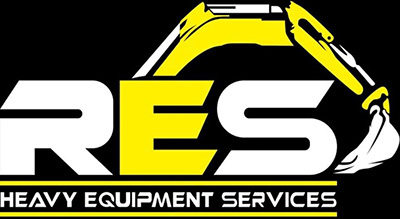Maintenance is very important to extend the life of your equipment and save you time and money. Reduced downtime means higher profits.
Because they’re both extensions of the same thing, routine and preventative maintenance often go hand-in-hand. Both of them are meant to keep equipment running efficiently while attempting to avoid any costly repairs, which can take your construction vehicles out of operation. Heavy equipment preventative maintenance goes beyond your routine and scheduled maintenance tasks. Service technicians and mechanics can often anticipate any potential issues, so they can take care of them before they become major problems.
Part of maintaining heavy construction equipment is to look at repair work as both proactive and reactive, which can refer to both scheduled and unscheduled repairs. Making repairs after something breaks down can be called “reactive maintenance,” but, taking a more proactive approach is more cost-effective because you’re making repairs before a breakdown occurs. Routine and preventative maintenance can save construction companies a great deal of time and money, because they’re working to avoid any expensive part replacements and downtime (which can be costly to their business).
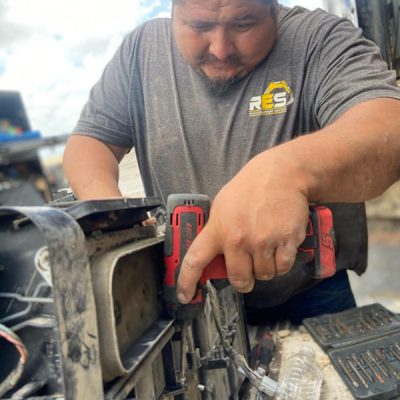
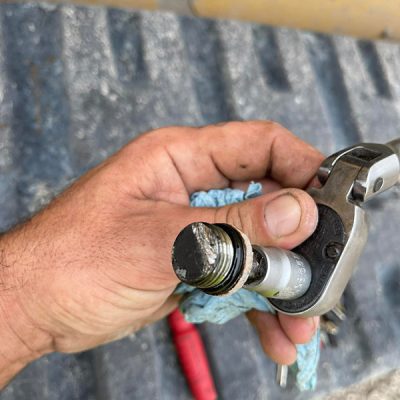
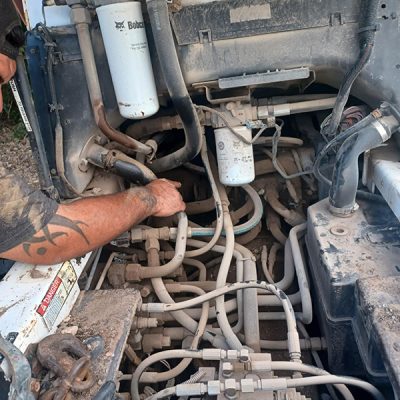
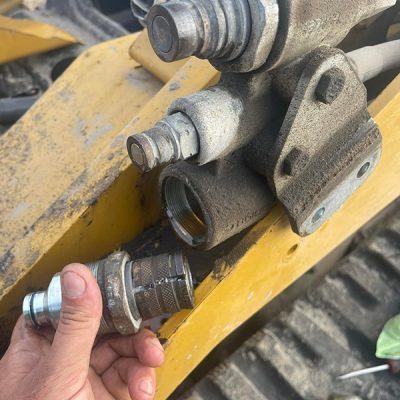
What is Considered Preventative Maintenance?
A large part of heavy equipment preventative maintenance involves the scheduling of certain routine tasks to make sure it continues to operate at peak efficiency. It also involves visual inspections, technical monitoring, and oil analysis so problems can be fixed before they get worse. Every step involved in regular maintenance should be part of your company’s routine. When it comes to preventative maintenance, the word “routine” is important. Performing certain tasks (such as oil changes, lubrications, as well as tire and track inspections) on a regular basis should be part of any heavy equipment preventative maintenance checklist. You should detail every single routine task on your maintenance schedule, so they won’t be overlooked at specific milestones.
It takes a team approach to look after your equipment, and you should always follow any recommendations from the Original Equipment Manufacturer (OEM). You also want to listen to any input your operators and front-line mechanics may have. No one will know the equipment better than the people who build it, run it, and repair it. But, the responsibility for heavy equipment preventative maintenance will depend on your company’s size. Smaller operations with more “hands on” ownership will often have the principal overseeing the program, while larger operations will typically delegate it to a fleet manager or head technician. Either way, your best approach is to hand it off to someone who knows the equipment and is committed to performing it successfully.
If you have a construction or other company in South Texas and need someone to help you with heavy equipment preventative maintenance, feel free reach out to Rhino Equipment Services. We would be happy to speak with you about your specific needs!
